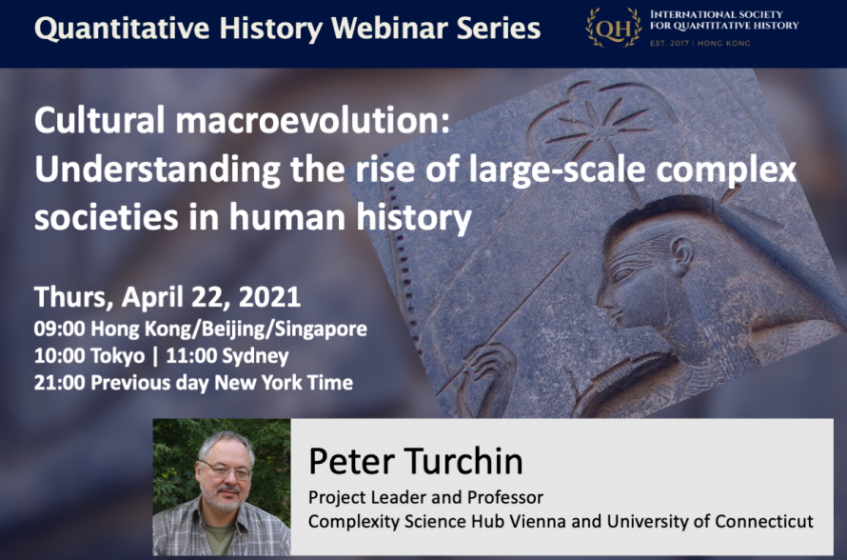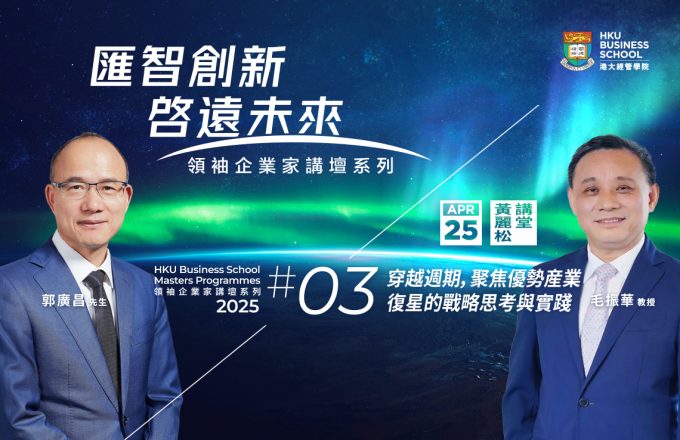
Cultural macroevolution: Understanding the rise of large-scale complex societies in human history
Cultural macroevolution: Understanding the rise of large-scale complex societies in human history
Over the past 10,000 years, human societies evolved from “simple”—small egalitarian groups, integrated by face-to-face interactions, —to “complex”—huge anonymous societies with great differentials in wealth and power, extensive division of labor, elaborate governance structures, and sophisticated information systems. One aspect of this “major evolutionary transition” that continues to excite intense debate is the origins and evolution of the state—a politically centralized territorial polity with internally specialized administrative organization. Theories proposed by early philosophers and contemporary social scientists make different predictions about causal processes driving the rise of state-level social organization. Evolutionary anthropologist Peter Turchin uses the framework of Cultural Evolution and data in Seshat: Global History Databank to empirically test predictions of several such theories. In particular, Peter Turchin analyzes how the evolution of specialized governance structures was affected by such factors as social scale (population, territorial expansion), social stratification, information systems, intensity of warfare, and the productivity of agriculture. In this Quantitative History Webinar, Peter Turchin of Complexity Science Hub Vienna and University of Connecticut will explore how these empirical results support the idea that a major evolutionary force explaining the rise of large-scale complex human societies, organized as states was Cultural Multi-Level Selection.
Live on Zoom on April 22, 2021
09:00 Hong Kong/Beijing/Singapore
10:00 Tokyo | 11:00 Sydney
21:00 Previous day New York Time
Calculate your local time
The Quantitative History Webinar Series, convened by Professor Zhiwu Chen and Dr. Chicheng Ma of The University of Hong Kong (HKU), aims to provide researchers, teachers and students with an online intellectual platform to keep up to date with the latest research in the field, promoting the dissemination of research findings and interdisciplinary use of quantitative methods in historical research. The Series is co-organized by the International Society for Quantitative History, HKU Business School, and the Asia Global Institute (AGI).
Conveners:
Professor Zhiwu Chen
Dr. Chicheng Ma







